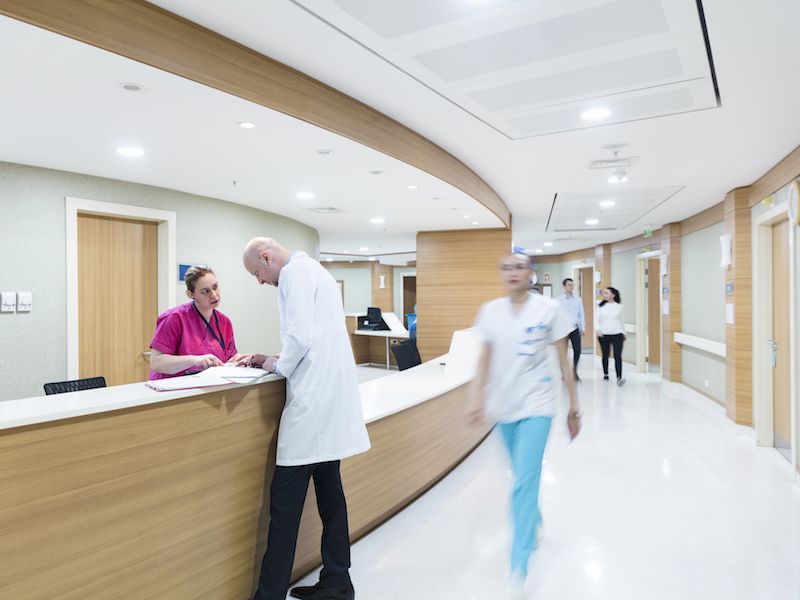
The impact loss of hearing has on overall health has been studied for years. Understanding what neglected hearing loss can do to your healthcare budget is the aim of a new study. Individuals, as well as the medical community, are looking for methods to lower the soaring costs of healthcare. A study published on November 8, 2018, says something as simple as taking care of your hearing loss can make a significant difference.
How Health is Affected by Hearing Loss
There are hidden risks with untreated hearing loss, according to Johns Hopkins Medicine. After 12 years of tracking it, researchers found that there was a considerable effect on brain health in adults with mild to severe hearing loss. For example:
- Somebody with a extreme hearing impairment has five times the risk of getting dementia
- The risk of dementia is doubled in people with only slight hearing loss
- The risk is triple for people with moderate hearing loss
The study shows that the brain atrophies at a faster pace when a person suffers from hearing loss. The brain needs to work harder to do things like maintaining balance, and that puts stress on it that can lead to damage.
Also, quality of life is affected. A person who can’t hear very well is more likely to have anxiety and stress. They are also prone to have depression. Higher medical costs are the result of all of these factors.
The Newest Study
The newest study published November in the Journal of the American Medical Association (JAMA) shows that not getting your hearing loss checked is a budget buster, also. This study was also led by experts from Johns Hopkins in collaboration with AARP, the University of California San Francisco and Optum Labs.
They analyzed data from 77,000 to 150,000 patients over the age of 50 who had untreated hearing loss. Only two years after the diagnosis of hearing loss, patients generated almost 26 percent more health care costs than individuals with normal hearing.
That number continues to increase over time. Over a decade, healthcare expenses go up by 46 percent. Those numbers, when broken down, average $22,434 per person.
Some factors that are associated with the increase are:
- Lower quality of life
- Falls
- Depression
- Dementia
- Decline of cognitive ability
A link between untreated hearing loss and a higher rate of mortality is indicated by a second study done by the Bloomberg School. Some other findings from this study are:
- 3.6 more falls
- 3.2 more diagnoses of dementia per 100 over the course of 10 years
- 6.9 more diagnoses of depression
Those figures match with the research by Johns Hopkins.
Hearing Loss is Increasing
According to the National Institute of Deafness and Other Communication Disorders:
- Approximately 2 percent of those at the ages of 45 to 54 are noticeably deaf
- Presently, two to three out of every 1,000 children has loss of hearing
- Hearing loss is prevalent in 55 to 64 year olds at a rate of 8.5 percent
- About 15 percent of young people aged 18 have a hard time hearing
The number rises to 25 percent for individuals aged 65 to 74 and 50 percent for anyone above the age of 74. In the future, those figures are anticipated to go up. By the year 2060, as many as 38 million people in this country may have hearing loss.
The study doesn’t mention how wearing hearing aids can change these numbers, though. What they do know is that using hearing aids can get rid of some of the health problems connected with hearing loss. To discover whether using hearing aids diminishes the cost of healthcare, more research is necessary. There are more benefits to wearing them than not, undoubtedly. Schedule an appointment with a hearing care professional to see if hearing aids help you.